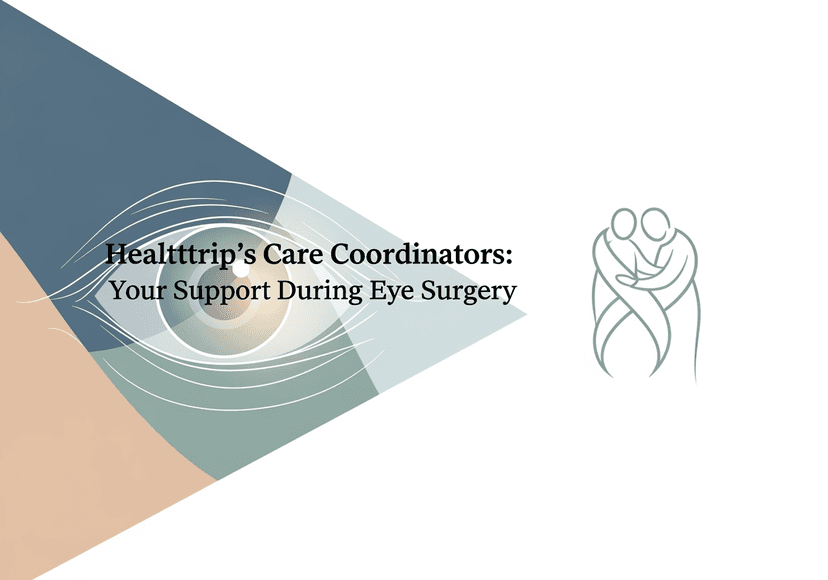
Cervical Cancer and Menopause: What You Need to Know
21 Oct, 2024
 Healthtrip
HealthtripAs women approach menopause, they often have a mix of emotions - excitement for the new chapter of life, but also anxiety about the unknown. One of the concerns that often gets overlooked is the connection between cervical cancer and menopause. While it's true that the risk of cervical cancer decreases after menopause, it's essential to stay informed and take proactive steps to protect your health. In this article, we'll delve into the relationship between cervical cancer and menopause, and what you need to know to stay safe.
Understanding Cervical Cancer
Cervical cancer is a type of cancer that affects the cervix, the lower part of the uterus that connects to the vagina. It's usually caused by the human papillomavirus (HPV), which is a common sexually transmitted infection. According to the American Cancer Society, cervical cancer is one of the most preventable types of cancer, yet it still affects thousands of women every year. The good news is that with regular screenings and vaccinations, the risk of cervical cancer can be significantly reduced.
Most popular procedures in India
HPV and Menopause
HPV is a common virus that can cause genital warts and cervical cancer. While it's more common in younger women, menopausal women can still contract HPV. In fact, menopause can increase the risk of HPV infection due to hormonal changes. This is why it's crucial to get regular HPV tests and Pap smears, even after menopause. Don't assume that you're too old to get HPV or that you're not at risk - it's essential to stay vigilant and take control of your health.
Wellness Treatments
Give yourself the time to relax
Lowest Prices Guaranteed!

Lowest Prices Guaranteed!
The Connection Between Cervical Cancer and Menopause
While the risk of cervical cancer decreases after menopause, it's not zero. In fact, cervical cancer can occur at any age, and menopausal women are still at risk. The symptoms of cervical cancer can be similar to menopause symptoms, making it essential to get regular check-ups and screenings. Some common symptoms of cervical cancer include abnormal vaginal bleeding, pelvic pain, and unusual discharge. If you experience any of these symptoms, don't hesitate to consult your doctor.
Screening and Prevention
Regular screenings are crucial for detecting cervical cancer early, when it's most treatable. The American Cancer Society recommends that women between 30 and 65 get an HPV test every five years, or a Pap test every three years. If you're over 65, you may not need to get screened as frequently, but it's still essential to consult your doctor. Additionally, getting vaccinated against HPV can significantly reduce the risk of cervical cancer. If you're not vaccinated, talk to your doctor about getting vaccinated, even if you're menopausal.
Staying Informed and Proactive
Menopause is a significant life change, and it's natural to have questions and concerns. When it comes to cervical cancer and menopause, knowledge is power. Stay informed about the risks, symptoms, and prevention methods. Don't be afraid to ask your doctor questions or seek a second opinion. Remember, taking care of your health is your top priority, and staying proactive can save your life.
By understanding the connection between cervical cancer and menopause, you can take control of your health and reduce your risk of cervical cancer. Don't let fear or anxiety hold you back - stay informed, get screened regularly, and take proactive steps to protect your health. You got this!
Most popular wellness packages
Related Blogs

How Healthtrip Ensures Quality & Safety in Eye Surgery Procedures
Detailed guide on eye surgery, featuring doctors, hospitals, risks, recovery,

End-to-End Logistics for Eye Surgery with Healthtrip's Support
Detailed guide on eye surgery, featuring doctors, hospitals, risks, recovery,

Healthtrip's Care Coordinators: Your Support During Eye Surgery
Detailed guide on eye surgery, featuring doctors, hospitals, risks, recovery,

Top 5 Indian Hospitals for Eye Surgery
Detailed guide on eye surgery, featuring doctors, hospitals, risks, recovery,

Post-Eye Surgery Diet and Lifestyle Tips
Detailed guide on eye surgery, featuring doctors, hospitals, risks, recovery,

Common Risks in Eye Surgery and How Healthtrip Manages Them
Detailed guide on eye surgery, featuring doctors, hospitals, risks, recovery,










